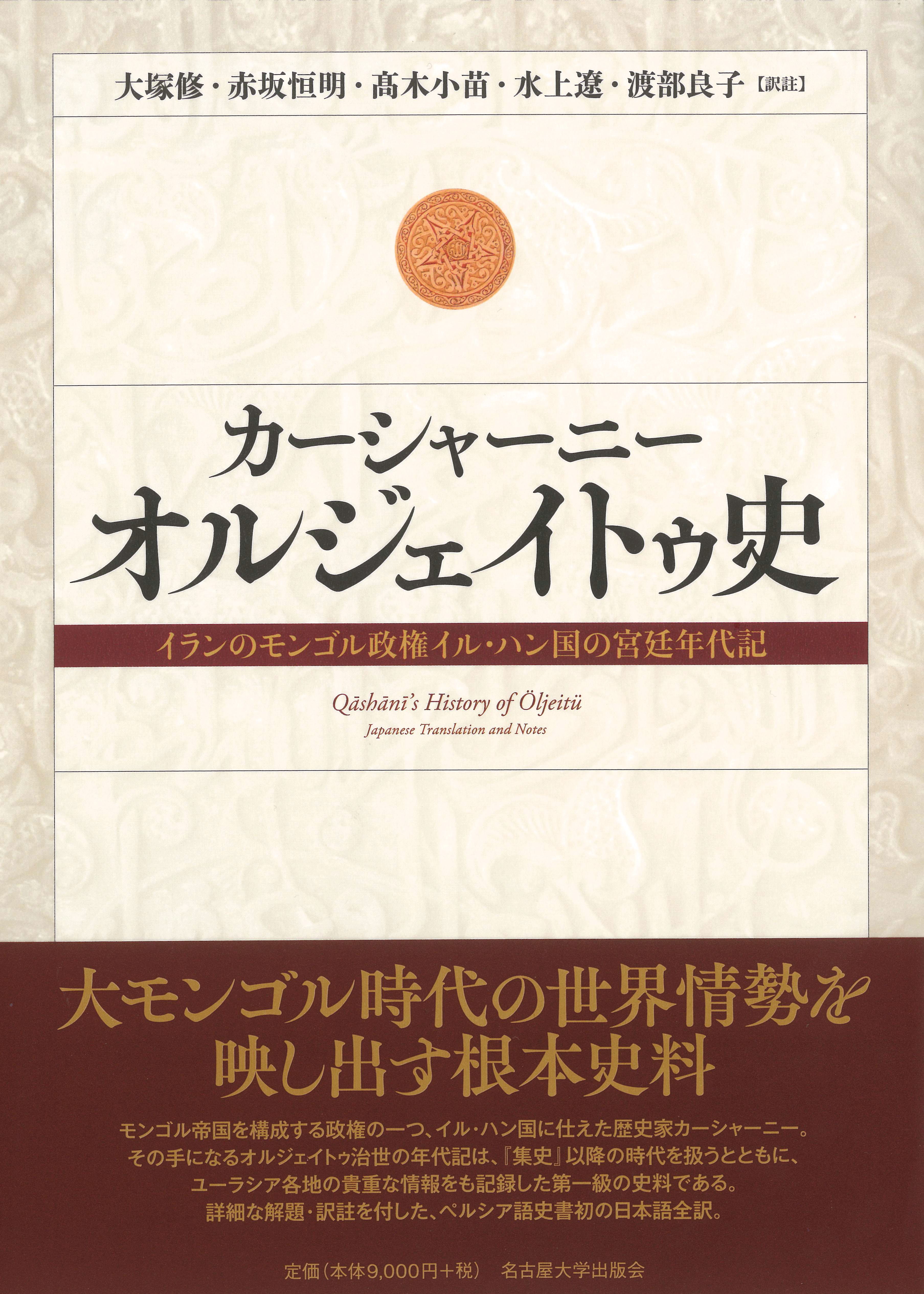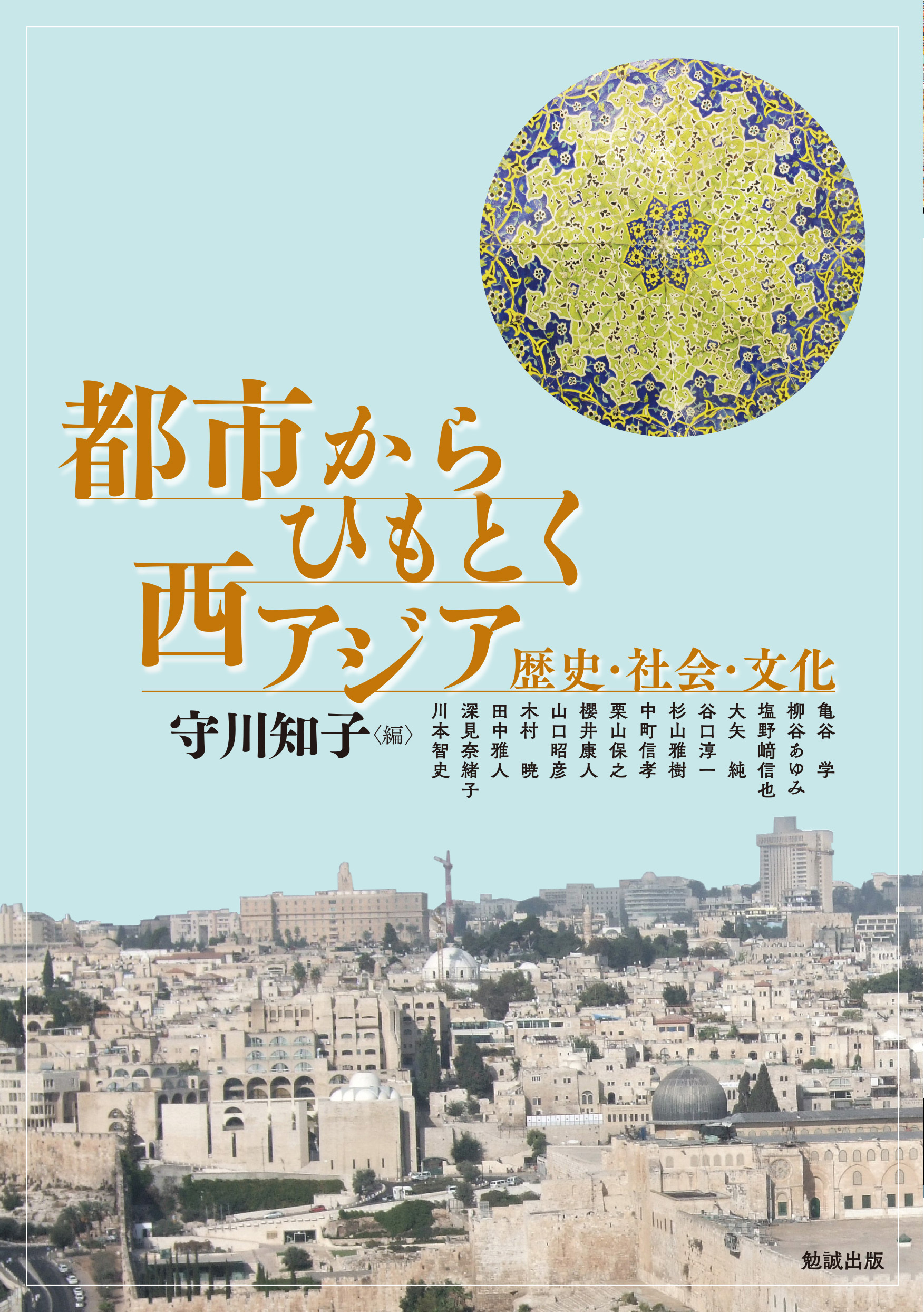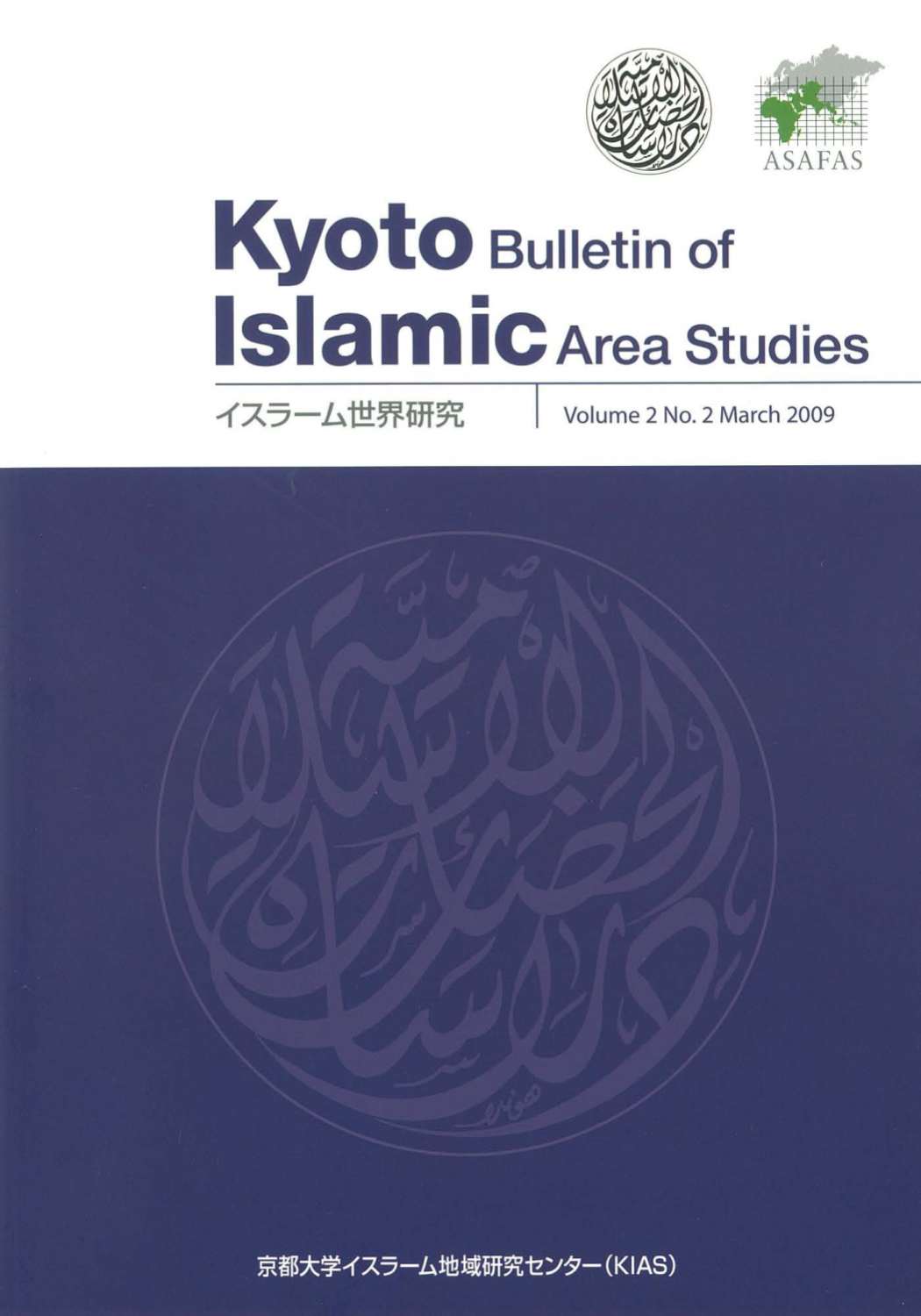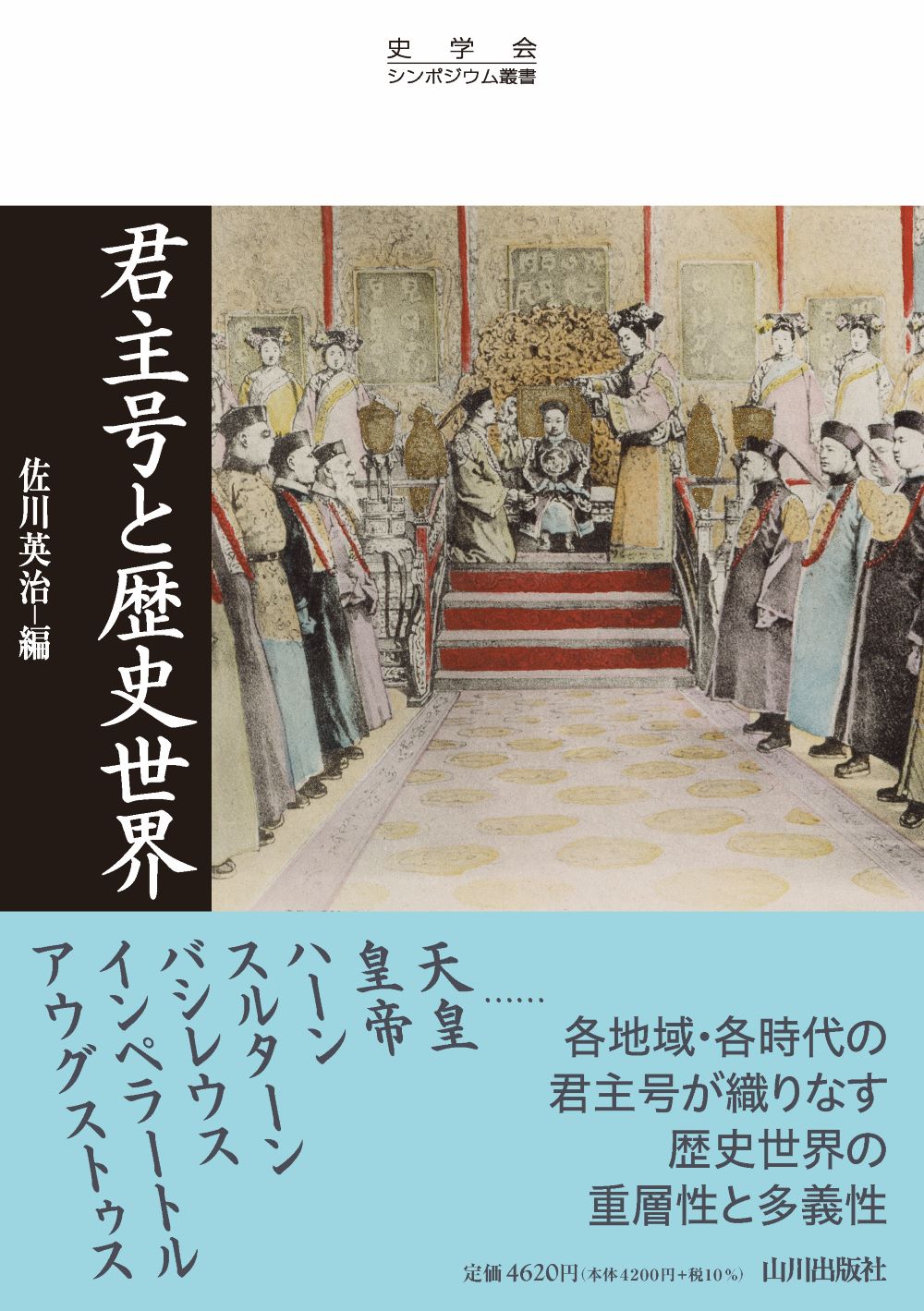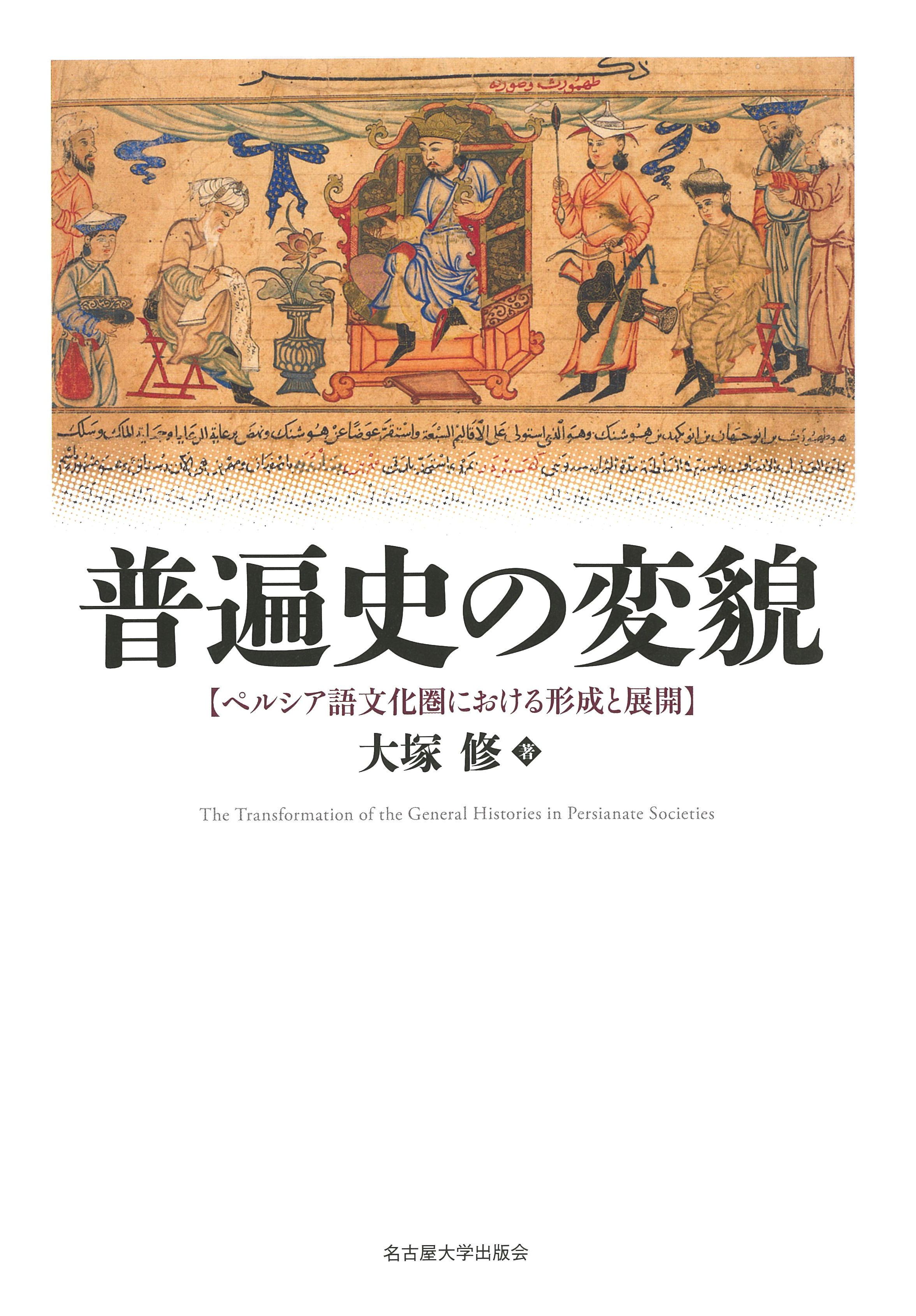
Title
Fuhenshi no henbo (The Transformation of the General Histories in Persianate Societies)
Size
456 pages, A5 format, hardcover
Language
Japanese
Released
December, 2017
ISBN
978-4-8158-0891-4
Published by
The University of Nagoya Press
Book Info
See Book Availability at Library
Japanese Page
Currently, a large number of people living across the world have a common understanding of how humanity has evolved and developed, as well as what shape the planet has and what kinds of people live in the world, believing these to be self-evident truths. However, that knowledge was systematized in Western Europe and came to be shared on a global scale from the late 19th century to the 20th century, so it has only recently become self-evident. Additionally, it was predated by worldviews influenced by cultures and religions, distinctive of each region, and they—in turn—influenced how human history was narrated. Even in today’s world, traditional views impact society and culture. Yet, in the study of West Asian history in the Islamic period, such histories belonging to the world of myths and legends have not been analyzed. It goes without saying that they hold no value as historical sources—in the sense that they can explicate historical facts—but the historians of that time found it greatly meaningful to share those histories. Is it really meaningless, in terms of the study of history, to analyze those narratives?
This volume analyzes the general histories (human history from the creation of the world until the time of the author), compiled in West Asia during the Islamic period, and is the first attempt to clarify each history book’s character and the development process of this type of historical source. You might not have a clear picture of what a history of humanity written by Muslim historians, but its contents do not differ from those of Judaism and Christianity (which are, likewise, Semitic religions), and the narrative starts with Adam, the first human created by God. However, in West Asia, where a variety of ethnic groups have coexisted, historically, there remained strong influences from worldviews other than Islam. Predominant in West Asia was “the Zoroastrian history of humanity,” but following the fall of the Sasanian dynasty, “the monotheistic history of humanity” of Islam was also introduced, as was “the Turco-Mongol nomadic history of humanity” in the Mongol period. This volume explicates the process by which these three merged to give rise to a new human history, as well as clarifies the cultural and social changes that formed the background of that process and the intellectual exchanges that took place across Eurasia. This attempt provides a new perspective, not only on the history of West Asia, but also on the religion of Islam.
Another important aspect of this volume is that it analyzes all historical sources that can be investigated, including manuscripts. Past studies have mainly used easily accessible critical editions. Critical editions are books reconstructed based on manuscripts and published by the researchers who, eventually, discovered the value of those texts. At the same time, there are presently numerous historical sources that have not been published, as their value has not yet been discovered. Therefore, I conducted a comprehensive survey of history book manuscripts, in Arabic and Persian, that are held in countries across the world (13 countries at the time of writing this volume), and I have included my philological findings. The study of unpublished historical sources will be indispensable to the development of future research, so it is my hope that this volume can become a catalyst for such advancement.
(Written by OTSUKA Osamu, Associate Professor, Graduate School of Arts and Sciences / 2019)



 Find a book
Find a book


